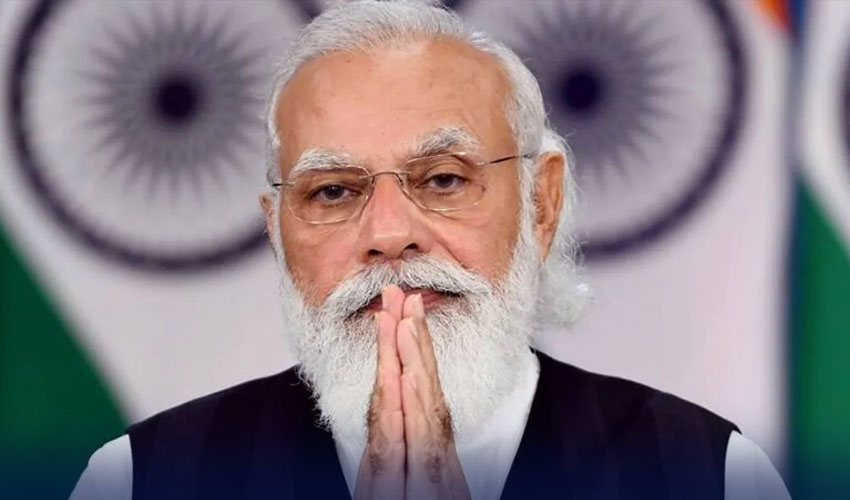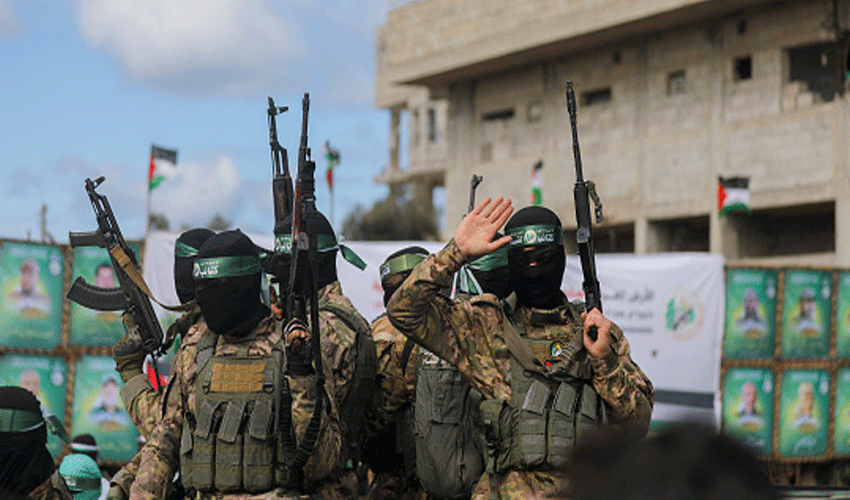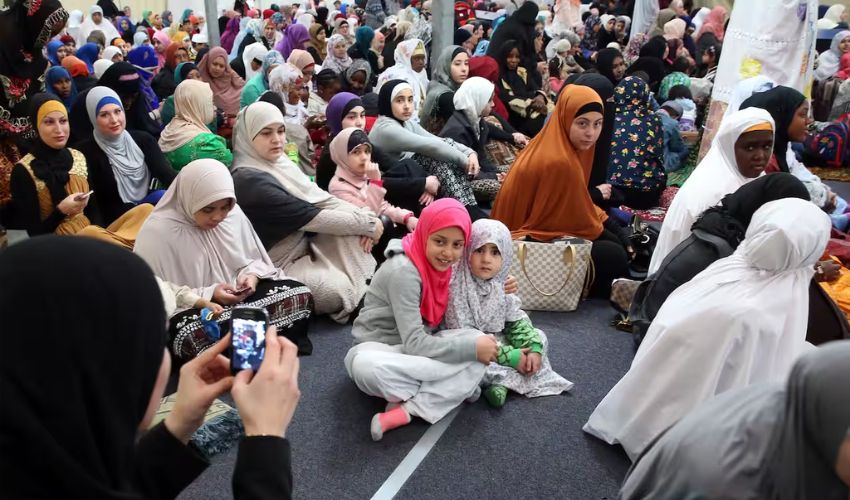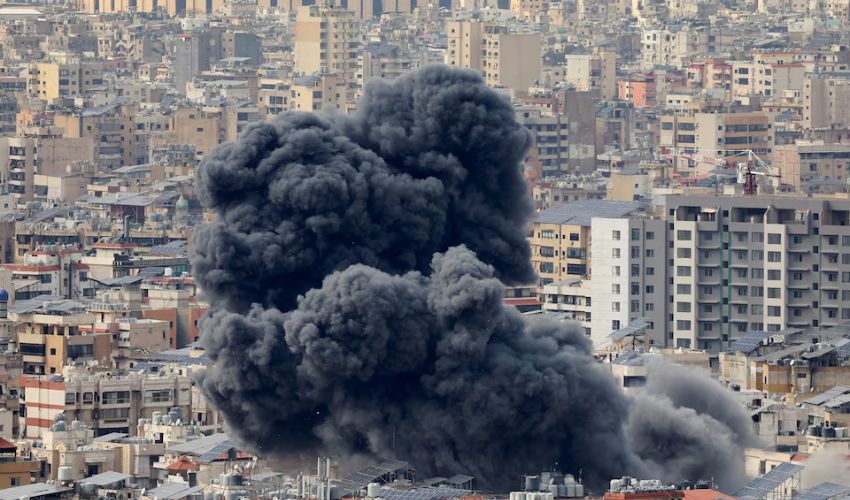The closure of the Jammu and Kashmir Human Rights Commission five years ago has left many Kashmiris without a critical avenue for justice. Since the abrogation of Article 370 in August 2019 by Narendra Modi's government, the region has experienced heightened distress and uncertainty. This move has drastically impacted the lives of countless Kashmiris.
The Human Rights Commission, once a beacon of hope for the oppressed in the region, was disbanded by the Indian government following the controversial revocation of the special status granted to Jammu and Kashmir. For 22 years, the Commission served as a crucial institution where victims of alleged Indian military excesses could seek redress.
A disturbing story is that of a woman who has been seeking justice for 30 years after Indian forces killed her father. "With the closure of the Commission, I have lost all hope," she says, reflecting the sentiment of many who depended on the institution for their fight against injustices.
At the time of its closure, the Commission was handling over 3,000 pending cases, many of which were nearing resolution. The shutdown has left these cases in limbo, causing deep disappointment and frustration among the affected families.
Other significant commissions, including the Information Commission and the Women's Commission, have also been dissolved, further curtailing avenues for justice and support for the Kashmiri people.
The impact of these closures is profound. The families of many young Kashmiris, victims of ongoing conflict and alleged atrocities, are left with dwindling hope and mounting sorrow. The loss of these bodies has removed a vital support system in a region where human rights concerns continue to be a contentious issue.
As Kashmiris mark five years since these pivotal changes, their calls for justice and support remain unanswered, leaving many to wonder if they will ever see resolution and peace in their lifetime.



























